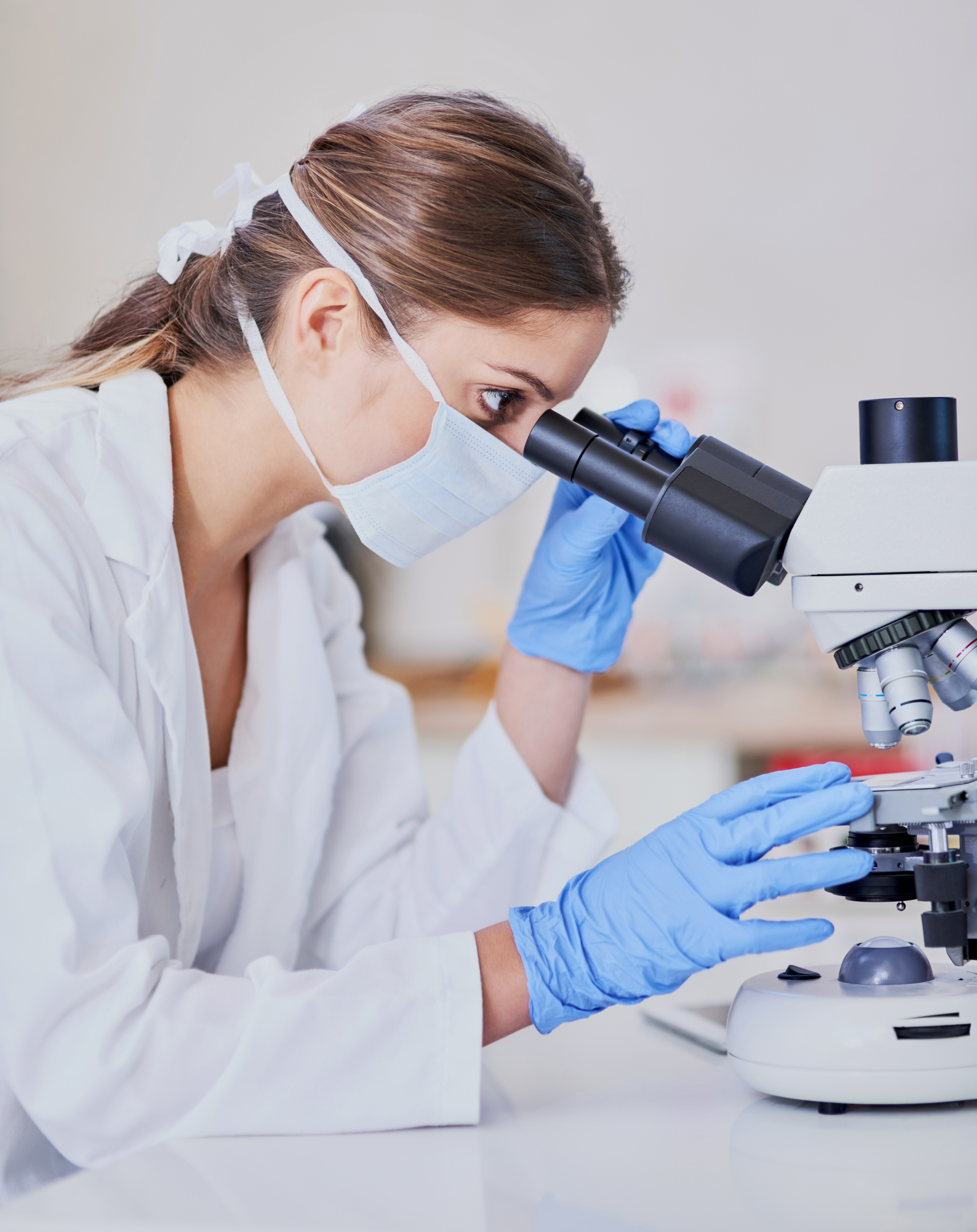Call Us
Call : +1 (800) 407-9260
Call : +1 (800) 407-9260
 Galleri redefines what’s possible. Only 5 cancers have recommended screening tests.2 Using Galleri in addition to these tests can increase the chance of finding cancer early, to allow for earlier treatment.1,3
Galleri redefines what’s possible. Only 5 cancers have recommended screening tests.2 Using Galleri in addition to these tests can increase the chance of finding cancer early, to allow for earlier treatment.1,3
With a single blood test, Galleri screens for a signal shared by multiple cancers that would otherwise go unnoticed.1,4 If a cancer signal is detected, Galleri predicts the tissue type or organ associated with the cancer signal with 88% accuracy* to help guide follow-up diagnostic testing which may include lab work or imaging to confirm cancer.4
The Galleri test can detect a signal shared by over 50 types of cancer with 99.5% specificity and predict the cancer signal origin with high accuracy to help guide next steps. This means that in approximately 200 people tested, only 1 person would be expected to receive a false positive result. In study participants, when the Galleri test detected cancer the first or second Cancer Signal Origin prediction was correct 88% of the time when cancer was found after diagnostic evaluation.1
The support and validation of GRAIL’s science is critical, that is why we have built what we believe to be the largest clinical trial program ever pursued in genomic medicine. We are collaborating with leading health systems, academic medical centers, and industry partners around the world to help make early detection accessible to as many people as possible.
The Galleri test is intended to complement routine single cancer screenings for more comprehensive early cancer detection. Routine screenings are recommended for certain patients for breast, cervical, colorectal, lung and prostate cancers.2
Only screening for a single cancer does not effectively address the high prevalence of cancer given the probability of diagnosis for a specific cancer is uncertain, and the occurrence of individual cancers is relatively low. One in two men and one in three women are diagnosed with some form of cancer in America in their lifetime.

Live Longer With Early Detection Cancer Screening is a trusted leader in early detection and comprehensive blood test screening services, committed to empowering individuals to take control of their health and well-being.
©2023 Cancer Screening. All Rights Reserved. Designed By SFL.Media.